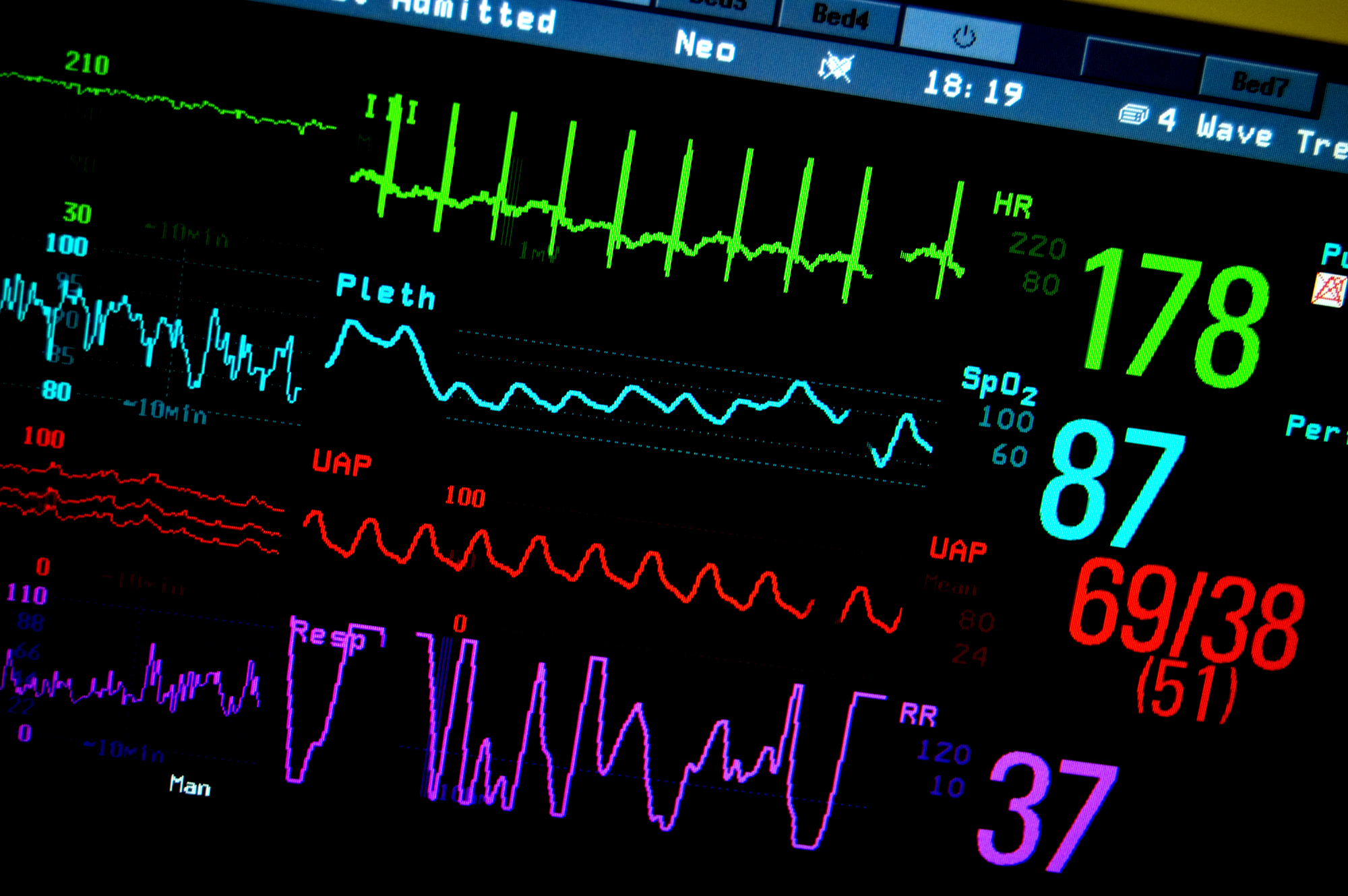WEDNESDAY, Feb. 17, 2016 (HealthDay News) — Caring for a loved one who’s suffered a stroke can be stressful, to say the least. Now, a specially designed “stroke camp” may provide caregivers with support, relief and education, researchers say.
Family and friends who care for stroke survivors often experience loneliness and depression, experts noted.
“There are over 6 million stroke survivors in the United States — stroke can be life-changing and isolating for both the survivor and caregiver,” said Michele Gribko, a nurse and stroke coordinator at North Shore University Hospital in Manhasset, N.Y.
The new study was led by Maureen Mathews of OSF Healthcare, in Peoria, Ill. Her team focused on a two-and-a-half day camp for stroke survivors and their caregivers, staffed by health care providers and therapists. The camp provides caregivers with an emotional and physical break, support from others in the same situation and learning sessions.
Sixty-seven caregivers who attended the Retreat and Refresh Stroke Camp from 2009 to 2015 completed surveys afterwards. Eighty percent said their role as a stroke patient caregiver affected their life and work.
For example, 75 percent cited loss of time and freedom; 64 percent cited the strain of being forced to change personal plans; 43 percent said they felt confined to home; and 40 percent mentioned money worries.
Major strains noted by the caregivers included the survivor’s inability to communicate (50 percent) and the loss of companionship (45 percent).
Half of the caregivers said they had felt overwhelmed, stressed or depressed when the stroke survivor first returned home from the hospital.
However, after attending the stroke camp, 79 percent of the caregivers said they felt less alone, 77 percent said it “recharged” them, and 58 percent said they learned new things, according to the study. The findings were to be presented Wednesday at the annual meeting of the American Stroke Association, in Los Angeles.
Gribko believes that these types of programs bring real benefit.
“The study shows a need for a respite for stroke survivors and caregivers to bond with each other, share their experiences and learn about stroke,” she said. “Providing a camp in which everyone who attends can relate to each other is a great way in which people can bond and create support and friendship that they normally might not have had the opportunity to do. “
Not only the caregiver benefits, Gribko added. “Stroke survivor’s mental and physical recovery is better when their caregiver is well-educated and supported,” she said.
More information
The American Academy of Family Physicians has more about caregiver health and wellness.
Copyright © 2026 HealthDay. All rights reserved.

